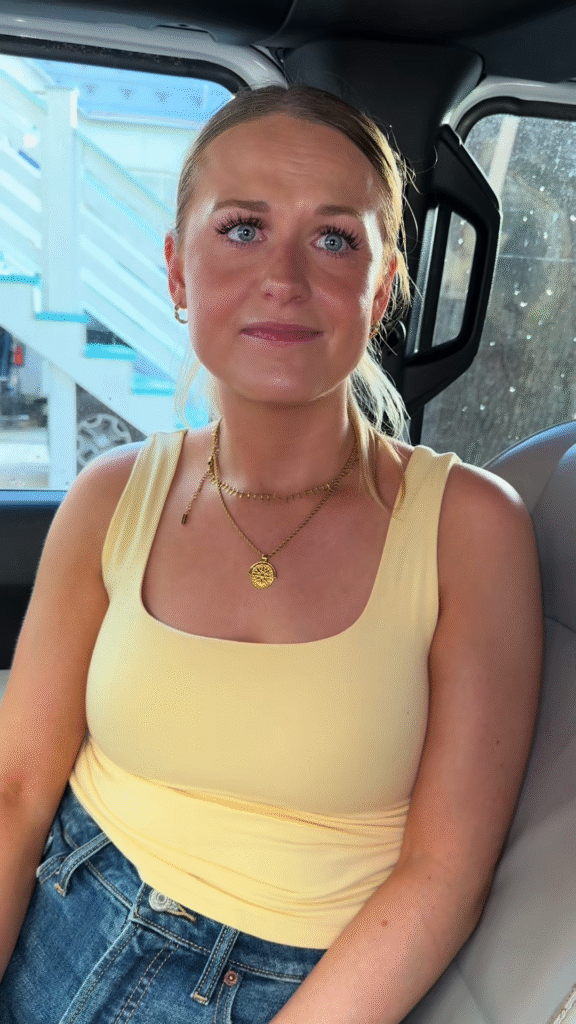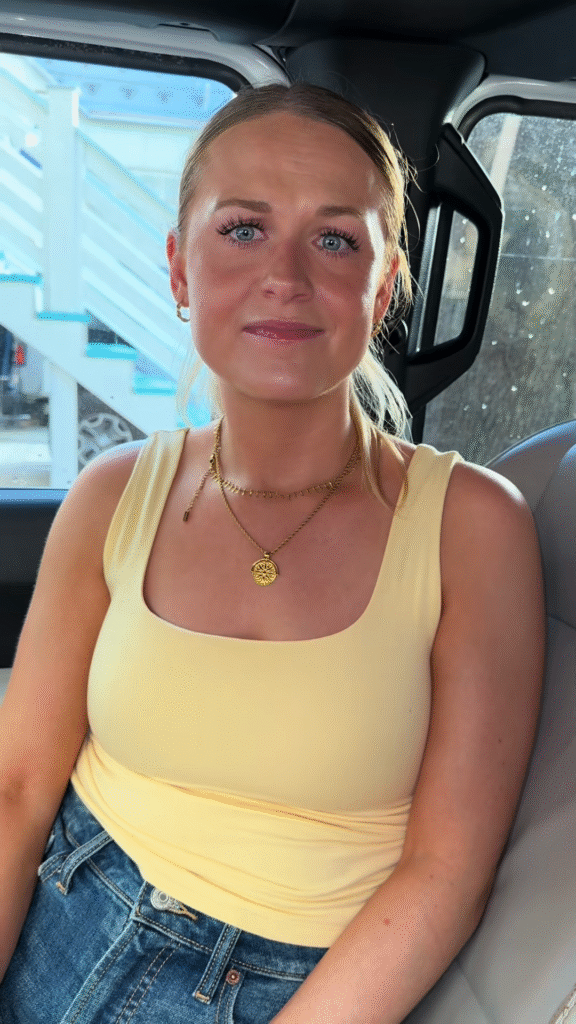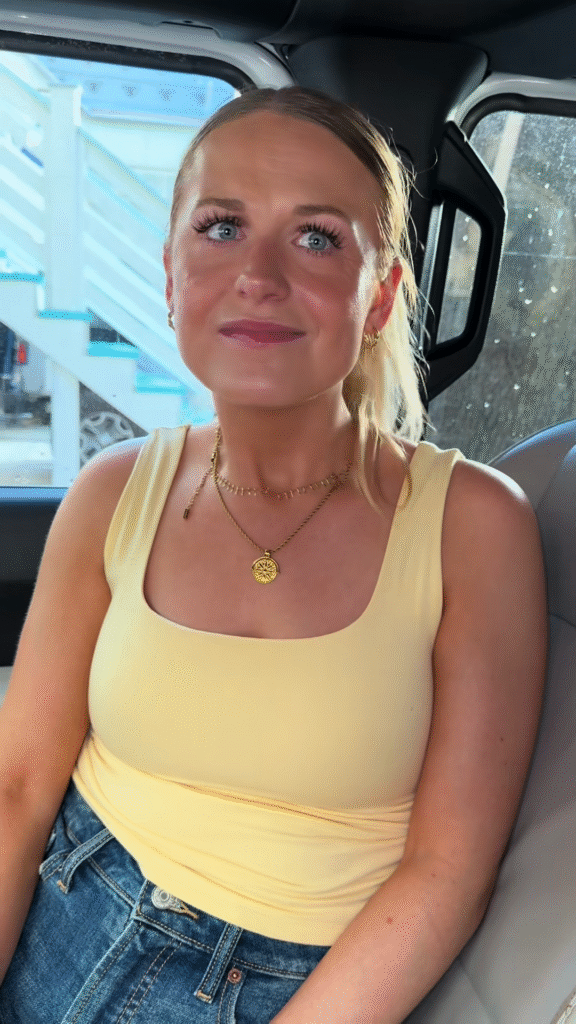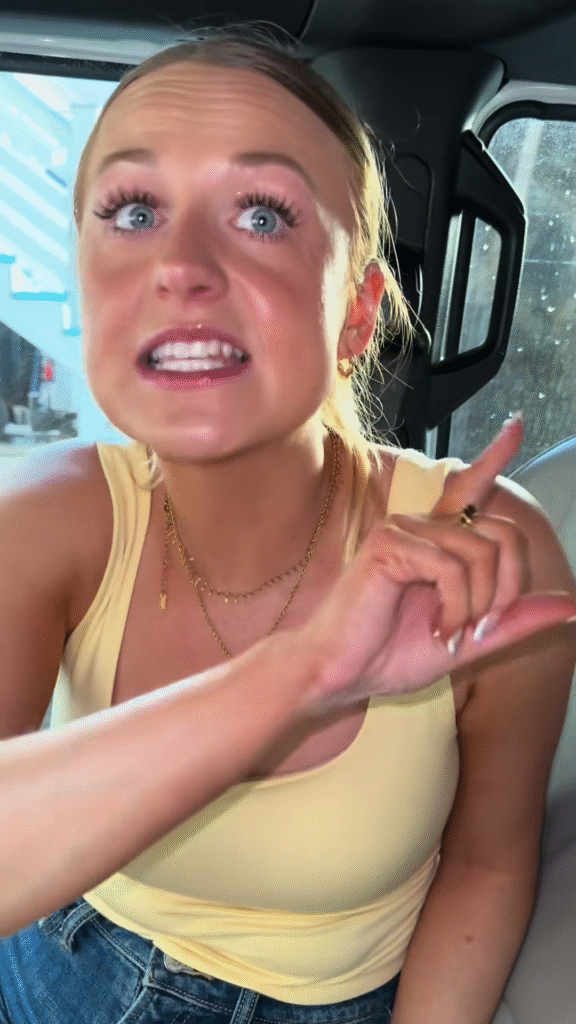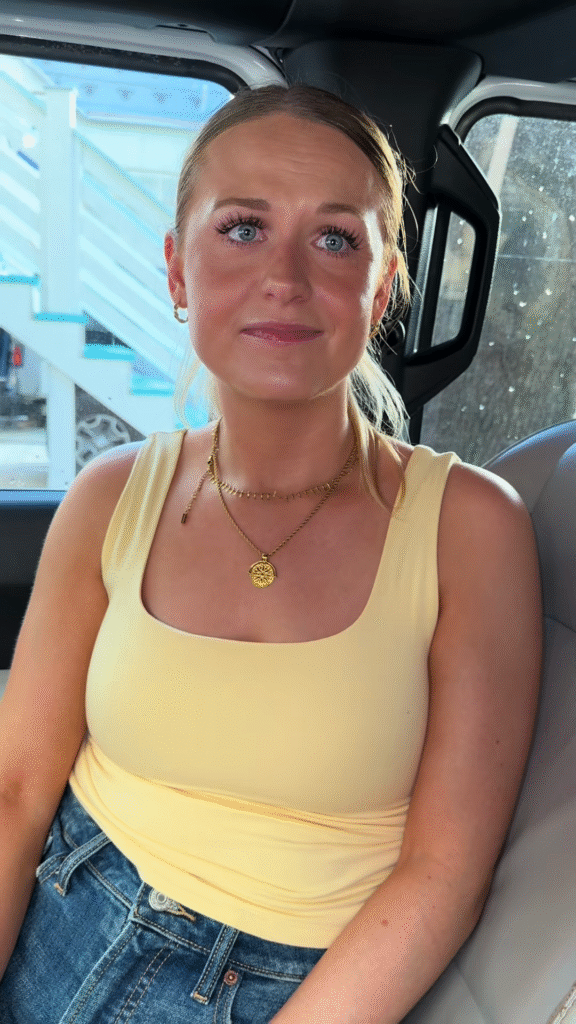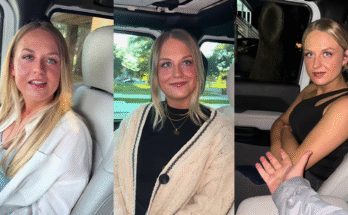
In a world saturated with sweet nothings, Instagram love quotes, and long walks on the beach, some of us are out here expressing affection in a slightly different dialect. We’re not whispering “I miss you” — we’re roasting you for your terrible taste in pizza toppings. We’re not writing poems — we’re giving you side-eye and calling it a compliment. Welcome to the romantic reality of those who live by a different emotional currency: sarcasm.
Yes, sarcasm. Sharp, shiny, slightly spiky, and absolutely sincere in its own twisted way. If Hallmark cards make you break out in hives and you’d rather choke than say “bae,” then congratulations — sarcasm might be your love language, too.

Decoding the Dialect of Sass
First things first: sarcasm is not just being mean with flair. It’s a finely tuned instrument — part humor, part honesty, and always layered. Think of it as verbal jazz. A wink disguised as a jab. A compliment that took a left turn at Albuquerque.
It’s the language of the emotionally literate and the comedically gifted. You don’t wield sarcasm — you perform it. And when it’s done right, it says everything that can’t be said straight.
Instead of “I love you,” we say:
- “Wow. You’re still here? How lucky for me.”
- “Ugh. I hate how much I tolerate your existence.”
- “You’re the worst. Don’t ever leave me.”
Translation: I care deeply, but I’m not about to get mushy and ruin the vibe.
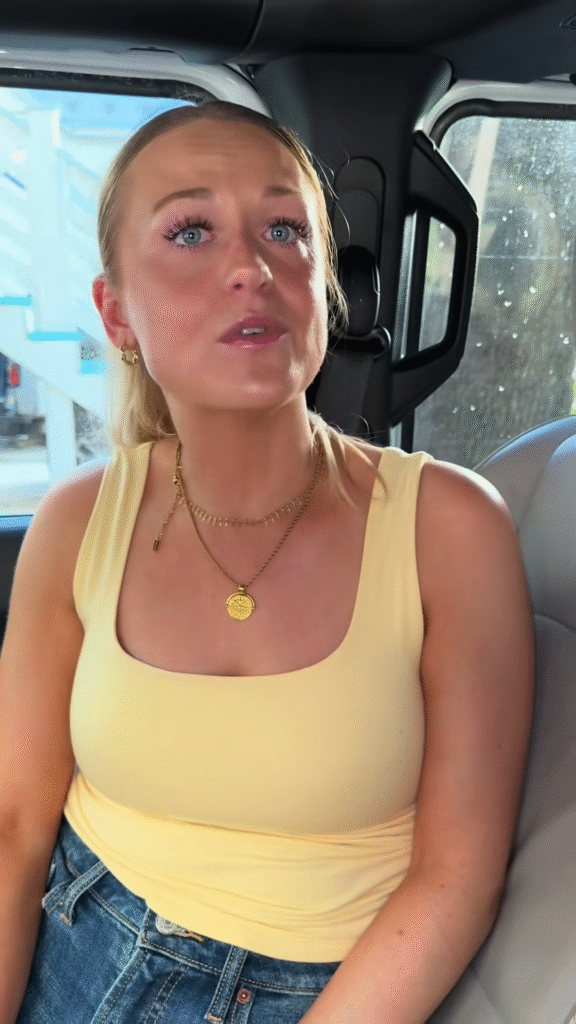
A Brief History of the Sarcastically Inclined
Sarcasm isn’t new. The Greeks had it. The Brits perfected it. And Millennials branded it on mugs. We’ve turned sardonic comments into coping mechanisms, memes, sitcom scripts, and first-date foreplay.
Think of Chandler Bing from Friends, Daria Morgendorffer, or even Oscar Wilde. Their razor-sharp commentary wasn’t just funny — it was how they connected, expressed vulnerability, and survived life’s awkward absurdities. Sarcasm has always been the armor and the invitation.
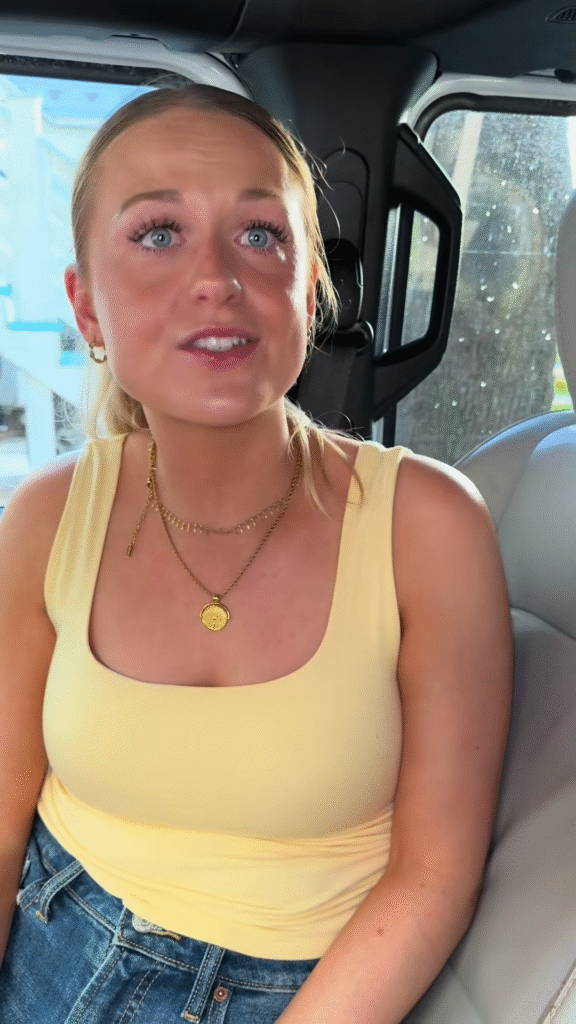
Why Sarcasm Works in Love (Yes, Really)
To the untrained ear, sarcasm might sound harsh. But to those fluent in it, it’s intimacy wrapped in irony.
Here’s why sarcasm might just be the most misunderstood — and underrated — love language:
1. It’s Honest… In Disguise
Sarcasm has a sneaky way of saying the truth while pretending it’s all a joke. “Oh sure, like I’d miss you or anything,” you say after a weekend apart. But the subtext? You totally missed them, you emotionally cryptic softie.
2. It Requires Attunement
You can’t be sarcastic with just anyone. It takes trust, mutual understanding, and a shared sense of humor. It says: “I know you well enough to tease you, and I trust you to know I’m kidding.”
3. It’s a Defense Mechanism That Shows You Care
For many, sarcasm is a shield — a way to express deep feelings without full-on emotional nudity. It lets you say “I love you” without risking a panic attack from vulnerability.

Flirtation for the Fluent
Some people flirt with compliments. Others flirt by roasting your Spotify playlist.
If sarcasm is your love language, here’s what flirting looks like:
- Playful insults: “Oh wow, you actually dressed like an adult today. Who knew you owned real pants?”
- Reverse compliments: “I guess I like being around you. It’s fine or whatever.”
- Hyperbolic threats: “If you ghost me, I will key your imaginary Tesla.”
It’s affection disguised as mockery. And if they flirt back with just the right level of deadpan sass? That’s basically a marriage proposal.
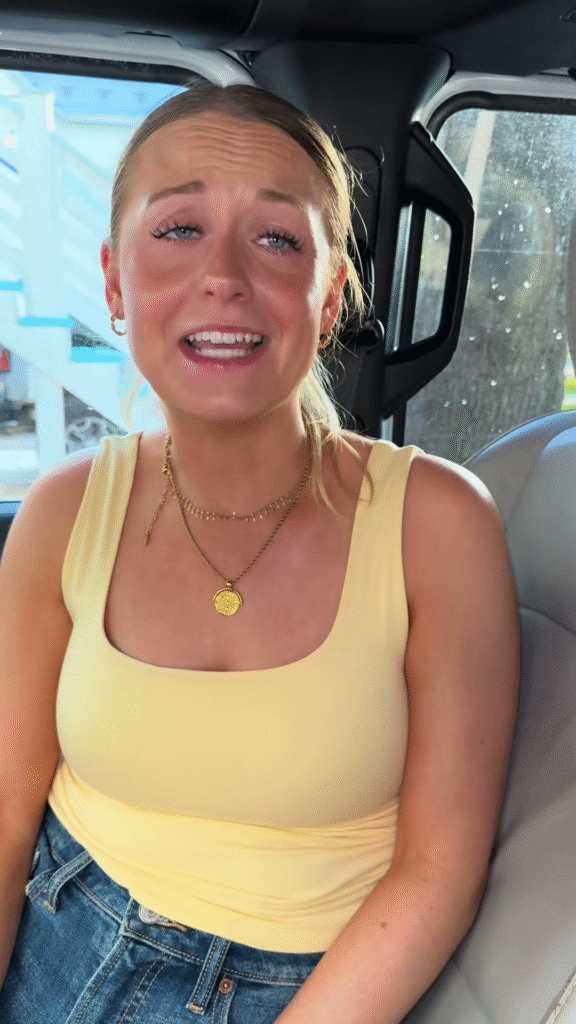
Friendships Fueled by Snark
It’s not just romance — sarcasm bonds besties too. In sarcastic friendships, the louder the roast, the deeper the love. You know your friendship is unbreakable when you can say things like:
- “Your cooking gave me trust issues.”
- “You’re my favorite mistake.”
- “If I had to be stranded with someone on a desert island… I’d probably still choose you. Begrudgingly.”
These friendships thrive on inside jokes, hyperbolic drama, and shared trauma over bad exes and worse eyebrows.

The Fine Line: When Sarcasm Misfires
Let’s be real — sarcasm isn’t always sunshine and savage puns. It can misfire, especially with people who don’t speak the language. Without tone, timing, or trust, sarcasm can read as straight-up shade.
Tips to avoid a love language disaster:
- Know your audience: If someone’s not sarcastic by nature, ease into it or keep it light.
- Balance it with sincerity: Don’t let sarcasm be the only thing you say. Every rogue needs a soft spot.
- Watch your delivery: Text doesn’t always convey tone. What’s playful in person can sound harsh in a message.
The golden rule: Sarcasm should punch up, not down. If it stops being funny and starts being mean, it’s not love — it’s just lazy cruelty.

Signs You Speak Fluent Sarcasm
Not sure if sarcasm is your native emotional dialect? Here’s a checklist:
- You use “oh, great” to mean literally the opposite.
- Your compliments come with an eye-roll and a smirk.
- People are never sure if you’re joking — and you love it that way.
- You’ve said “I’m fine” when you were clearly not, just to watch someone squirm.
- You refer to affection as “tolerating people’s existence.”
If this feels like home? Welcome to the club. We’ve got matching hoodies that say “Can You Not?”

Romance for the Snarky at Heart
Here’s what love looks like when sarcasm’s at the center:
- Date nights full of witty back-and-forth (and possibly competitive charcuterie critique).
- Love notes that read like roast battles: “You’re annoying and weird and the only person I want to watch Netflix with forever.”
- Apologies like: “Sorry I yelled. You were just being so incredibly wrong, I couldn’t help myself.”
And while we might not say “You complete me,” we’ll definitely say, “You’re less annoying than everyone else, and that’s saying something.”

Teaching Others to Speak Your Love Language
If sarcasm is your love language, but your partner’s more of a “words of affirmation” type, don’t despair. It’s possible to find a middle ground between snark and sincerity.
Here’s how:
- Explain your humor: Let them know that teasing is how you show affection.
- Mix sarcasm with softness: Throw in the occasional heartfelt compliment — just to keep them on their toes.
- Appreciate their love language too: Return the favor with a well-timed hug or text that isn’t laced with irony (even if it hurts your soul a little).
Love isn’t about changing your language — it’s about adding subtitles.

When Sarcasm Meets Vulnerability
Here’s the twist: sarcasm and sincerity aren’t opposites — they’re dance partners.
True intimacy isn’t about abandoning sarcasm. It’s about letting someone see the person behind the quips. The one who jokes to deflect. The one who says, “Oh sure, I’m totally fine,” when they’re really craving a little comfort and a cookie.
Sometimes, the most powerful thing a sarcastic person can say is nothing at all. Just a look, a soft touch, a sincere “Thanks for being here.” And then maybe a quick, “Don’t get used to this. I have a reputation.”
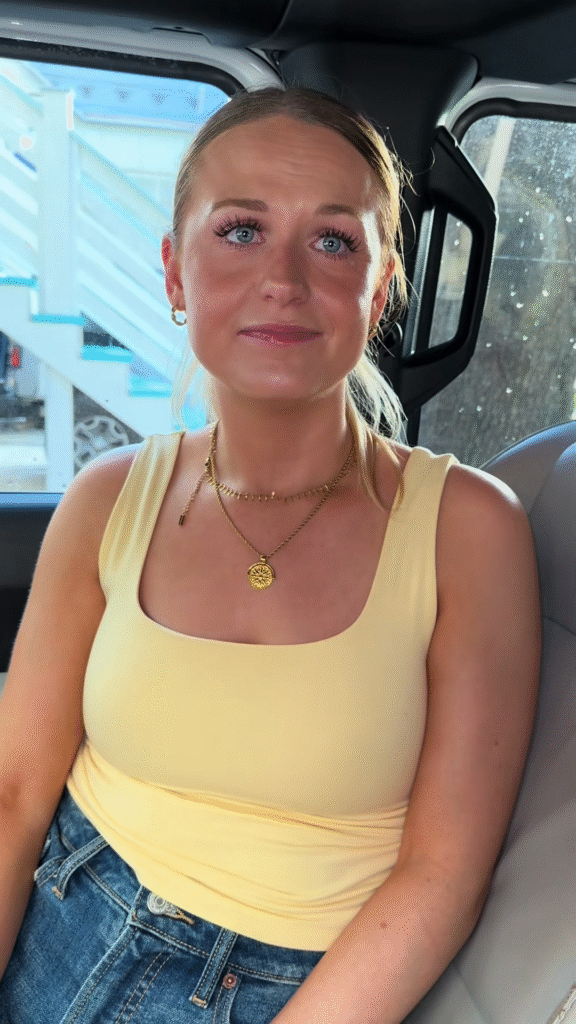
The Sarcasm Manifesto: Loving Loudly in Our Own Way
If sarcasm is your love language, you already know:
- Affection doesn’t always look warm and fuzzy.
- Laughter is intimacy.
- Teasing is trust.
- And love — real, deep, ride-or-die love — can totally sound like “You’re a disaster, and I’m obsessed with you.”
So don’t let anyone tell you sarcasm isn’t romantic. It’s raw, real, and far more interesting than a dozen red roses. It’s the language of survival, the anthem of misfits, and the true voice of those who refuse to love quietly.

Final Thoughts: Speak Fluent Sass, Love Loud Anyway
To those who speak fluent sarcasm, love isn’t about grand declarations. It’s about shared eye-rolls, matching cynicism, and unspoken loyalty that hides beneath layers of dry wit.
So go ahead — call them annoying. Mock their playlist. Tease their outfit. Just don’t forget to laugh, linger a little too long, and occasionally say something sincere (even if it kills you).
Because in the end, sarcasm is love — just with a killer punchline.
